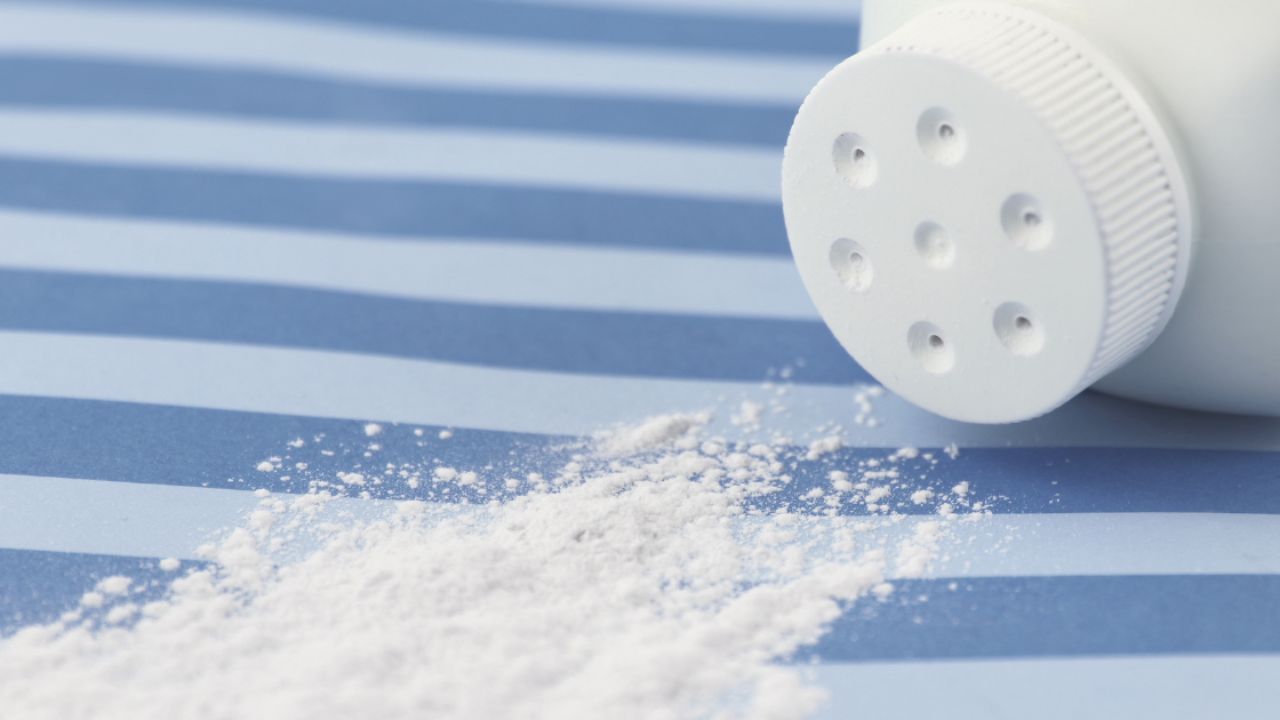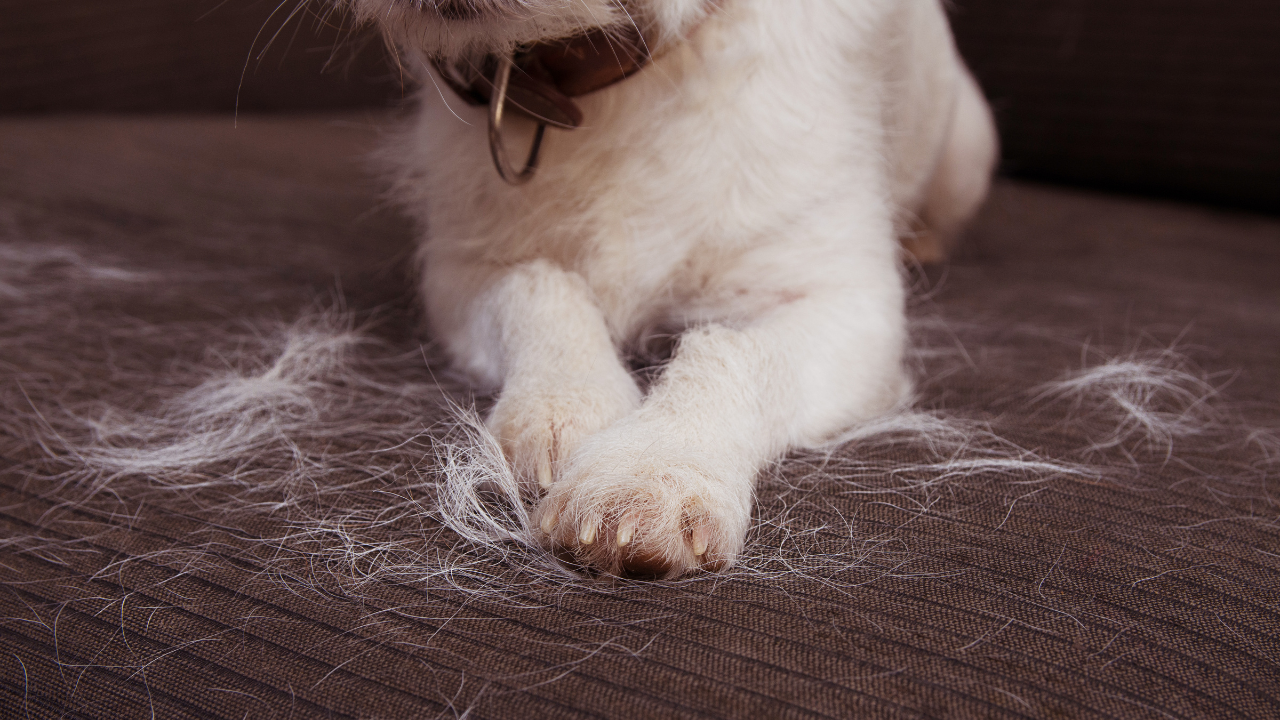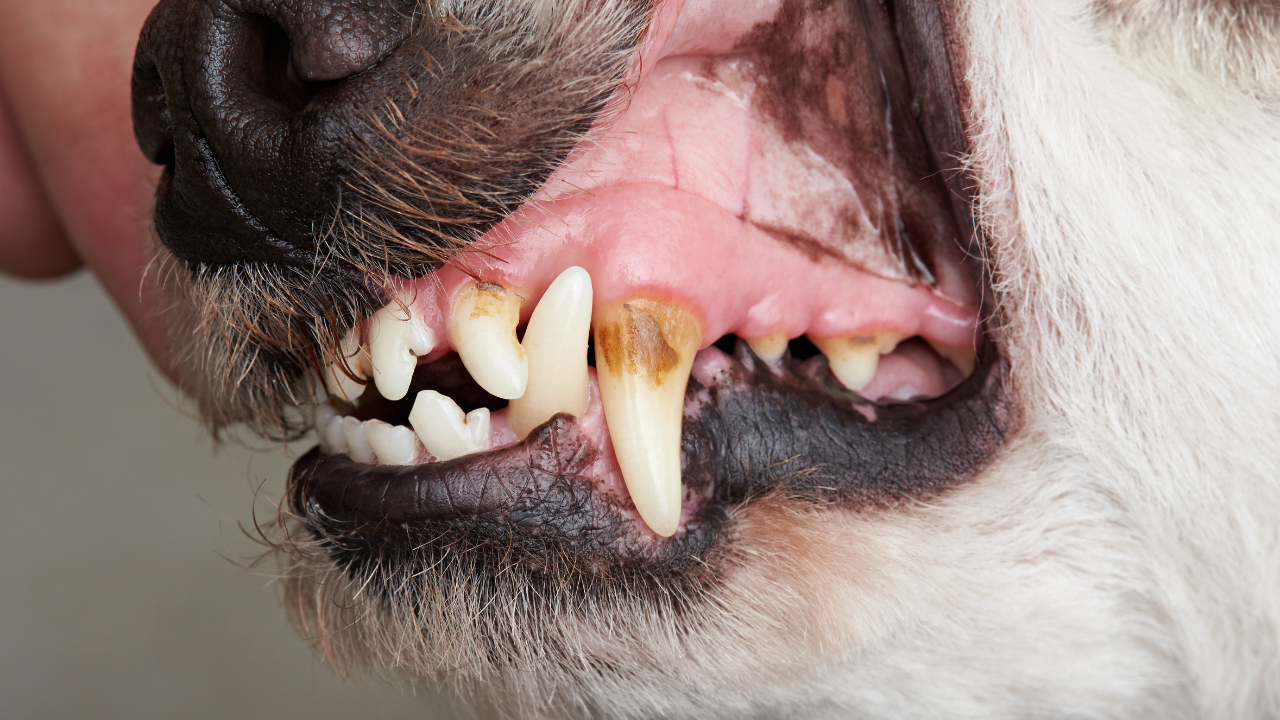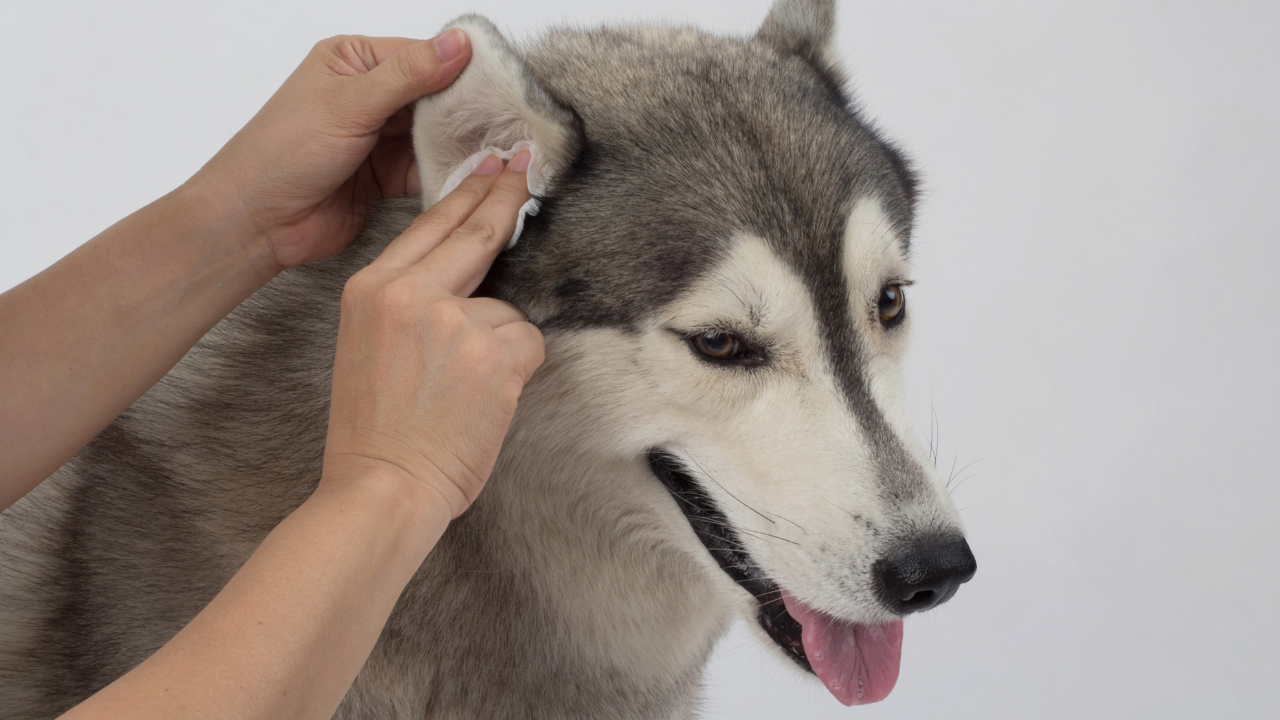Is Baby Powder Safe for Dogs? The Truth Revealed

Many dog owners go the extra mile to keep their furry friends clean and comfortable. From fancy shampoos to grooming tools, the pet care aisle is full of options. One item that occasionally sparks curiosity is baby powder. It’s a household staple for humans, but can baby powder on dogs really help with grooming or odor control?
The answer isn’t as simple as yes or no. While it may seem like a harmless trick, using baby powder on dogs can come with hidden risks. This guide will explore whether baby powder is safe for dogs, its possible side effects, and safer alternatives you can trust.
Whether you’re trying to relieve itching, manage odor, or looking for quick dog grooming tips, it’s essential to understand what’s best for your dog’s health.
Why Pet Owners Use Baby Powder on Dogs
Pet parents often turn to baby powder for its scent and absorbent qualities. After all, it's soft, soothing, and known to keep skin dry. That’s why some think it could help dogs who deal with:
- Mild skin irritation
- Moisture in skin folds
- Flea or tick itching
- Lingering pet odors
Others use it to freshen up their dogs between baths. Some groomers even consider baby powder dog spray as a dry grooming hack. In daycare settings or during busy weeks, it might feel like an easy solution.
However, not all home remedies are good for pets. Before reaching for that powder bottle, it’s important to examine what’s inside.
What Is Baby Powder Made Of?
Traditional baby powders typically contain either talcum powder or cornstarch. Each comes with its own concerns when used around animals.
Talcum-Based Baby Powder
Talcum powder is a natural mineral made from talc. Talc helps absorb moisture and reduce friction. However, some talc-based products may include asbestos, a known carcinogen.
Inhaling talc can cause respiratory issues in both humans and animals. For dogs, especially short-nosed breeds, it poses an even greater threat.
Cornstarch-Based Baby Powder
Cornstarch powders are often marketed as a safer, natural alternative. While less harmful than talc, cornstarch can promote yeast or fungal infections if it settles into moist dog fur.
Some brands also include fragrances, preservatives, or added chemicals, many of which may irritate sensitive canine skin.
“So, can I put baby powder on my dog safely? It depends on the formulation, the application method, and your dog’s overall health.”
Is Baby Powder Safe for Dogs?
The simple answer is: it’s not recommended.
Even if the baby powder you own claims to be all-natural or safe for children, that doesn’t make it safe for pets. Dogs groom themselves with their mouths, so any powder left on the coat can be ingested. Also, inhalation of fine powder particles may cause coughing, wheezing, worsening or respiratory distress.
Key Risks Include:
- Inhalation: Fine powder particles can irritate the lungs and trigger breathing problems.
- Skin Sensitivity: Compared to humans, dogs have more sensitive skin. Powders may cause rashes or dryness.
- Gastrointestinal Upset: Ingesting powder during grooming can lead to vomiting or diarrhea.
- Allergic Reactions: Fragrances or additives may cause itching, redness, or hives.
Although some owners claim it helps to relieve dog itching, the potential harm outweighs the benefit, especially if used frequently or improperly. If your dog is itching, the real solution lies in targeted care, not quick fixes.
That said, some experts acknowledge that unscented, talc-free baby powder (typically cornstarch-based) may be used very sparingly and under specific conditions. For example:
- Applied only to small, dry areas (never near the face, genitals, or open wounds).
- Brushed out thoroughly to avoid residue.
- In a pinch, a small amount of unscented, talc-free baby powder can help you grip ear hair for easier removal. But use it with caution. That said, baby powder isn’t ideal. Vet-approved ear powders are much safer and more effective.
Still, even in these cases, veterinarians and professional groomers overwhelmingly agree that pet-specific products are safer, more effective, and better suited to your dog’s skin and coat needs.
Possible Side Effects of Using Baby Powder on Dogs
Still thinking of trying it out just once? Think again. Here are some common side effects dog owners have reported after using baby powder:
Sneezing and Wheezing
When inhaled, the fine particles from the powder may irritate a dog’s airways. This is especially dangerous for dogs with flat faces like Bulldogs or Pugs.
Eye Irritation
Powder near the eyes can cause excessive blinking, redness, or even scratching at the face.
Dry, Flaky Skin
Despite its moisture-absorbing nature, overuse can strip the skin of natural oils, leading to dryness.
Increased Itching
Some dogs may itch more after application due to fragrances or allergic reactions. This not only fails to relieve itching but can actually worsen it.
Gastrointestinal Problems
If your pup licks the powder off their fur, it can cause digestive upset. Vomiting or diarrhea are clear signs that something is wrong.
These are serious concerns. And if you ever see symptoms like hair loss, hot spots, or constant licking, they might be signs of bad grooming or incorrect grooming products.
Safe Alternatives to Baby Powder for Dogs
If you're trying to improve your dog grooming game without risking their health, there are safer ways to keep them fresh and itch-free.
Dog-Safe Dry Shampoos
Formulated specifically for canine skin, these products cleanse without water and don’t contain harmful powders. Look for options with aloe, oatmeal, or chamomile.
Cornstarch-Based Dog Powders
Unlike baby powder, these are made for pets and contain minimal additives. They help absorb oil and soothe mild irritation.
Wipes for Dogs
Dog grooming wipes are great for cleaning paws, ears, and other delicate areas. Choose unscented options if your dog has allergies.
Apple Cider Vinegar Spray (Diluted)
A diluted apple cider vinegar rinse can help reduce itching and neutralize odors. Just be sure to avoid open wounds.
Proper Grooming Schedule
A consistent grooming routine goes a long way. Bathe your dog with vet-approved shampoo every 4–6 weeks. Brush regularly to remove dirt and loose hair.
What Vets Say About Baby Powder and Pets
Veterinarians don’t recommend using baby powder on dogs. Most consider it unnecessary at best and harmful at worst. According to pet care experts, even "natural" powders can clog pores, irritate skin, and harm respiratory health.
Veterinarians also stress that if a dog is scratching excessively, licking paws, or smelling foul, there’s likely an underlying issue like:
- Allergies
- Skin infection
- Parasites
- Poor diet
- Anxiety
Instead of masking symptoms, they suggest addressing the root cause. A check-up with your vet will provide real answers. This also aligns with doggy daycare ideas that promote proper hygiene and supervised grooming techniques.
So, if you’ve been wondering, "Can I put baby powder on my dog?", the best answer is still no.
Want to Learn More About Pet Care? Join PDGA!
After discovering the truth about using baby powder on dogs, it’s clear that proper grooming knowledge is essential. This is where the PDGA comes in. Whether you’re a dog owner or a grooming enthusiast, our courses teach you how to care for your dog safely, without risky shortcuts like baby powder.
You can enroll in our Beginner dog grooming course, Advanced dog grooming course, or Professional dog grooming course to master safe grooming practices, learn about pet-friendly products, and understand how to relieve itching and manage odor naturally. Stop guessing and start grooming the right way!
Conclusion
Maintaining a clean and itch-free coat for your dog is a key goal for every pet owner. However, using baby powder, especially talc-based varieties, is not a safe or recommended solution. While it may seem like a quick grooming fix, it can do more harm than good.
Instead, choose grooming products specifically designed for dogs, as these take their unique skin needs into account. Always consult your veterinarian, follow a consistent grooming routine, and focus on effective solutions that prioritize your pet's health and safety.
Remember, good grooming is not just about achieving a pleasant scent; it's fundamentally about your dog’s health. Skip the baby powder and opt for safer grooming alternatives that genuinely help relieve itching and keep your furry friend happy.



